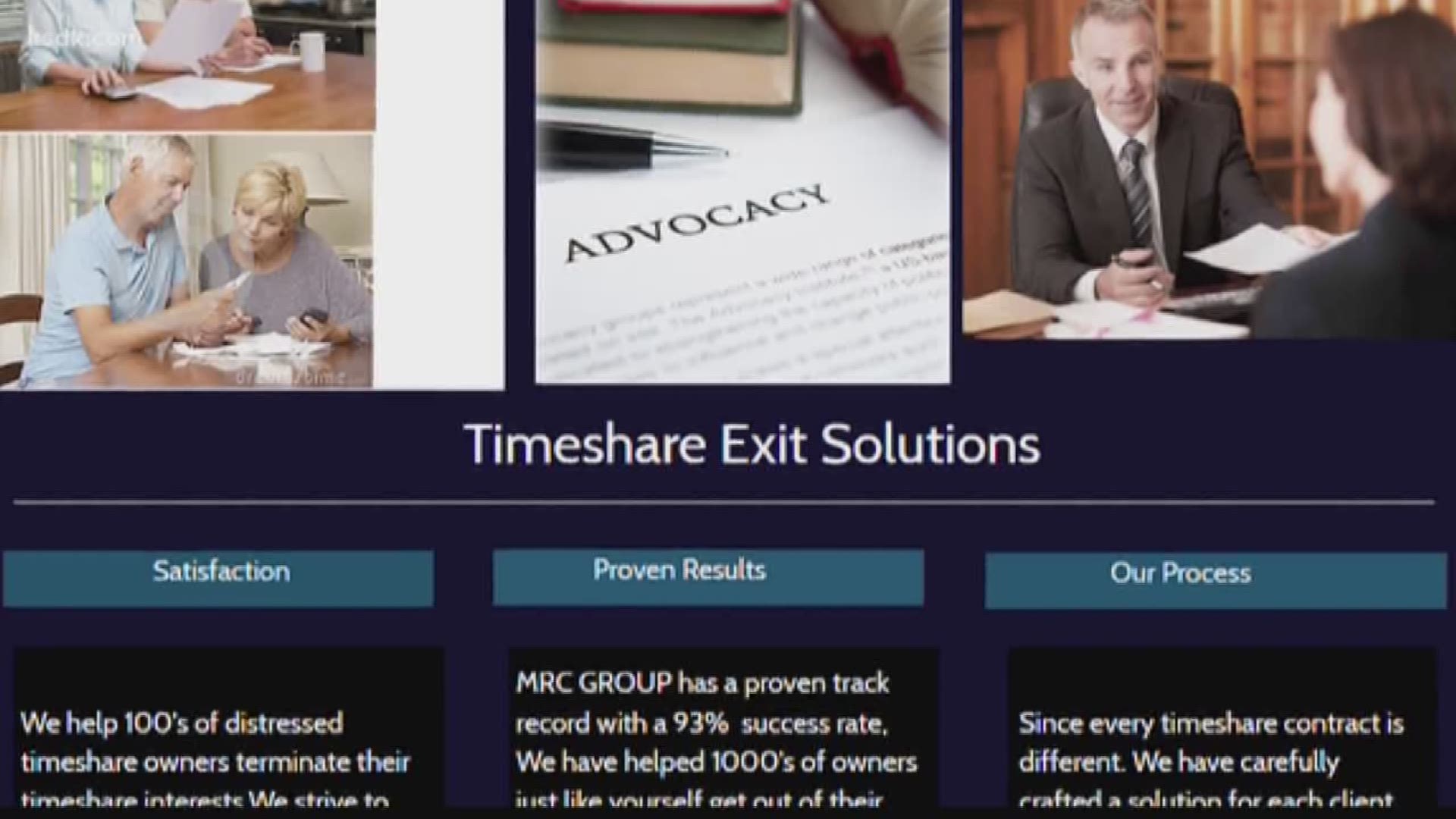You've probably become aware of timeshare homes. In reality, you have actually most likely heard something unfavorable about them. But is owning a timeshare truly something to avoid? That's tough to say up until you understand what one actually is. This article will examine the standard concept of owning a timeshare, how your ownership might be structured, and the advantages and disadvantages of owning one.
Each purchaser normally buys a certain period of time in a particular system. Timeshares typically divide the residential or commercial property into one- to two-week durations. If a buyer desires a longer period, purchasing several consecutive timeshares might be a choice (if readily available). Traditional timeshare properties normally offer a set week (or weeks) in a home.
Some timeshares offer "flexible" or "floating" weeks. This arrangement is less rigid, and permits a buyer to select a week or weeks without a set date, however within a certain time period (or season). The owner is then entitled to schedule his or her week each year at any time throughout that time duration (subject to schedule).
Considering that the high season might extend from December through March, this offers the owner a little vacation versatility. What type of residential or commercial property interest you'll own if you purchase a timeshare depends upon the type of timeshare bought. Timeshares are normally structured either as shared deeded ownership or shared rented ownership. how do i sell my timeshare.
The owner receives a deed for his or her portion of the system, specifying when the owner can use the residential or commercial property. This indicates that with deeded ownership, lots of deeds are released for each home. For instance, a condominium system offered in one-week timeshare increments will have 52 total deeds when totally sold, one issued to each partial owner.
Each lease contract entitles the owner to use a particular property each year for a set week, or a "floating" week throughout a set of dates. If you purchase a leased ownership timeshare, your interest in the home usually ends after a particular term of years, or at the most current, upon your death.

The smart Trick of How Much Does It Cost To Buy A Timeshare That Nobody is Talking About
This suggests as an owner, you might be limited from offering or otherwise transferring your timeshare to another. Due to these elements, a leased ownership interest may be acquired for a lower purchase price than a comparable deeded timeshare. With either a leased or deeded type of timeshare structure, the owner purchases the right to utilize one specific home.
To use higher versatility, numerous resort developments take part in exchange programs. Exchange programs make it possible for timeshare owners to trade time in their own residential or commercial property for time in another taking part home. For example, the owner of a week in January at a condominium unit in a beach resort might trade the property for a week in a condo at a ski resort this year, and for a week in a New york city City accommodation the next.
Generally, owners are limited to selecting another residential or commercial property categorized similar to their own. Plus, additional fees prevail, and popular properties might be tricky to get. Although owning a timeshare ways you will not require to toss your cash at rental lodgings each year, timeshares are by no methods expense-free. Initially, you will require a portion of money for the purchase price.
Because timeshares seldom preserve their worth, they won't qualify for funding at a lot of banks. If you do discover a bank that consents to fund the timeshare vincent wesley purchase, the rates of interest makes sure to be high. Alternative funding through the designer is generally available, but once again, just at high rate of interest.

And these fees are due whether the owner utilizes the residential or commercial property. Even even worse, these charges frequently escalate continually; sometimes well beyond an inexpensive level. You may recover some of the expenses by leasing your timeshare out during a year you do not use it (if the guidelines governing your specific residential or commercial property allow it).
Getting a timeshare as an investment is rarely an excellent concept. Given that there are so many timeshares in the market, they seldom have excellent resale potential. Rather of appreciating, a lot of timeshare diminish in worth once bought. Lots of can be tough to resell at all. Instead, you should think about the value in a timeshare as a financial investment in future vacations.
The 4-Minute Rule for How Much Does It Cost To Get Out Of A Timeshare
If you vacation at the exact same resort each year for the same one- to two-week Article source duration, a timeshare may be a fantastic method to own a property you like, without sustaining the high expenses of owning your own house. (For details on the costs of resort home ownership see Budgeting to Buy a Resort Home? Costs Not to Ignore.) Timeshares can likewise bring the comfort of knowing simply what you'll get each year, without the trouble of scheduling and leasing lodgings, and without the fear that your preferred location to stay will not be available.
Some even provide on-site storage, allowing you to easily stash devices such as your surf board or snowboard, avoiding the trouble and cost of carting them backward and forward. And even if you may not use the timeshare every year does not indicate you can't delight in owning it. Many owners take pleasure in periodically loaning out their weeks to buddies or loved ones (how to dispose of timeshare legally).
If you don't wish to getaway at finance a timeshare the same time each year, flexible or floating dates offer a great alternative. And if you 'd like to branch off and explore, consider utilizing the home's exchange program (ensure a good exchange program is provided prior to you purchase). Timeshares are not the very best service for everybody.
Also, timeshares are generally unavailable (or, if available, unaffordable) for more than a few weeks at a time, so if you usually vacation for a two months in Arizona during the winter season, and invest another month in Hawaii throughout the spring, a timeshare is probably not the best alternative. Additionally, if saving or generating income is your primary concern, the lack of financial investment potential and ongoing expenditures included with a timeshare (both talked about in more detail above) are definite disadvantages.
At one point or another, we have actually all received invitations in the mail for "complimentary" weekend getaways or Disney tickets in exchange for listening to a short timeshare presentation. Once you're in the space, you quickly realize you're trapped with an exceptionally skilled salesperson. You understand how the pitch goes: Why pay to own a location you only go to as soon as a year? Why not share the expenditure with others and agree on a season for each of you to utilize it? Before you understand it, you're thinking, Yeah! That's precisely what I never understood I required! If you have actually never ever sat through high-pressure sales, welcome to the big leagues! They know exactly what to say to get you to buy in.
6 billion dollar market as of the end of 2017?(1) There's a lot at stake and they actually want your money! However is timeshare ownership actually all it's cracked up to be? We'll show you whatever you need to understand about timeshares so you can still enjoy your hard-earned money and time off.